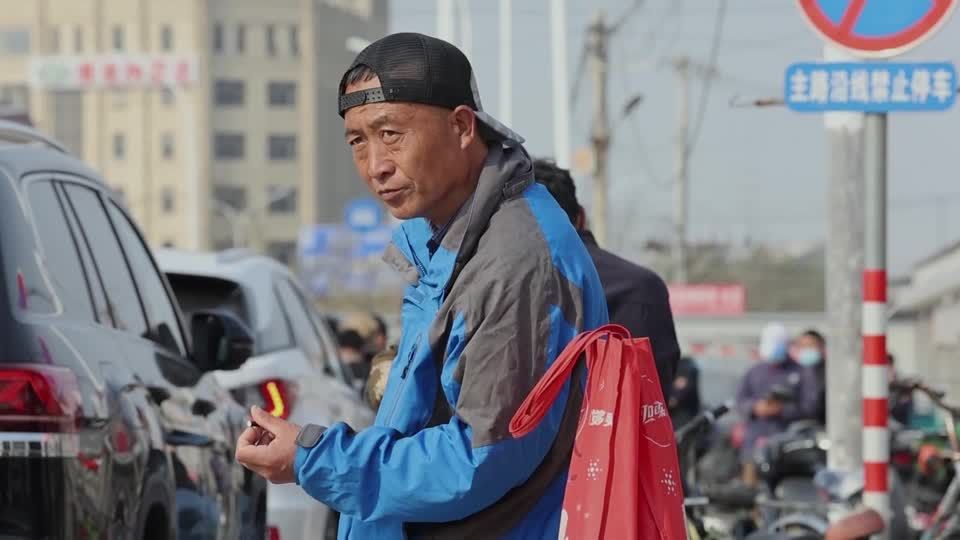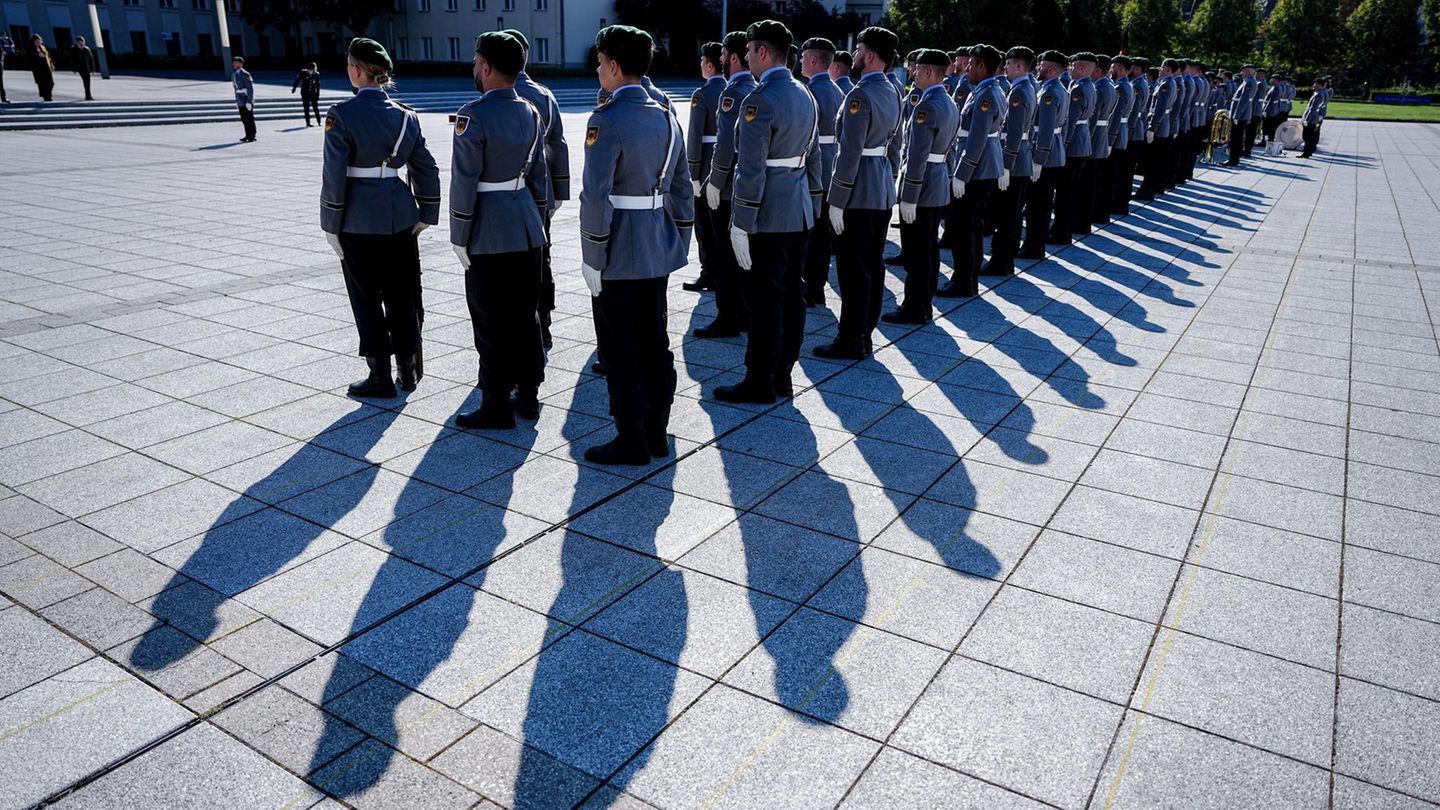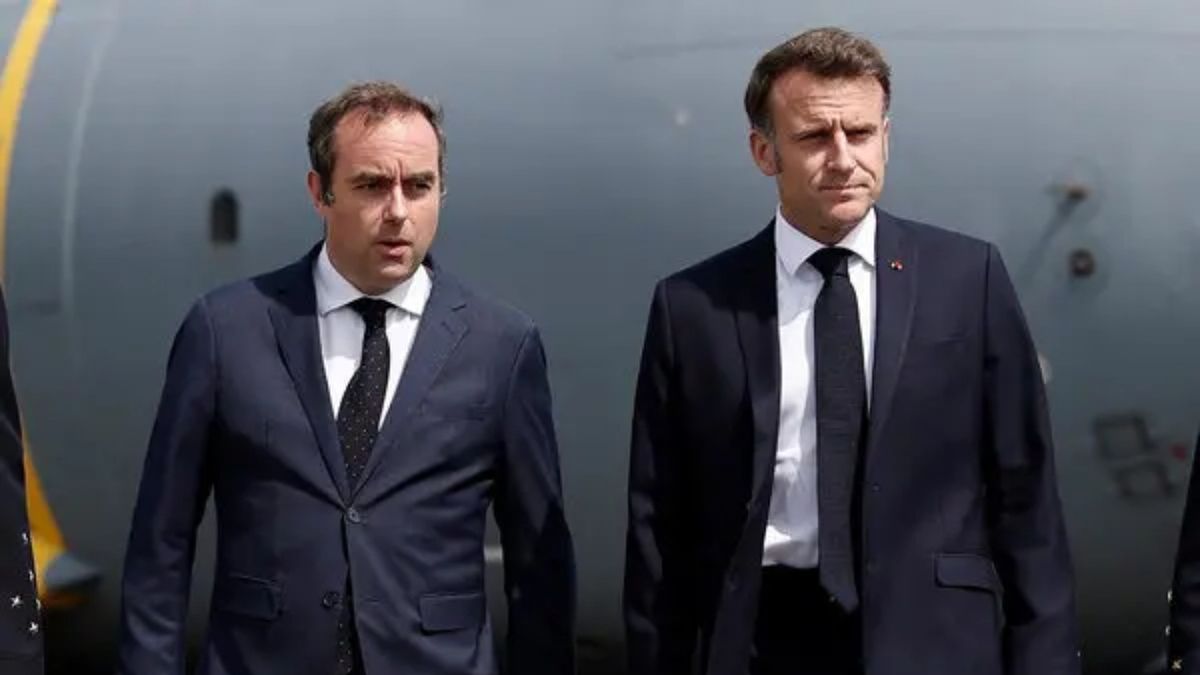China has adhered to a zero-Covid strategy since the beginning of the corona pandemic. But with the advent of the omicron variant, it falters. In Shanghai, many residents are reacting angrily to the tough lockdown. Will his corona policy become dangerous for Xi Jinping?
In China, after the first corona wave, it looked like “normal” for a long time. There were concerts and festivals with dense crowds and no masks. Something that was unthinkable in Europe and other parts of the world for a long time.
For Chinese political leaders, that was due to the country’s zero-Covid strategy. That means: strict lockdowns and quarantines, closed borders, mass tests. The concept worked for a long time. But with Omicron, China is facing the worst corona outbreak since the peak of the first wave in early 2020. Zero-Covid is reaching its limits.
In the economic metropolis of Shanghai on the east coast of China, for example, millions of people felt the effects: the authorities imposed a strict lockdown on several districts.
Despite the strict measures, dozens of deaths and thousands of new infections have been reported in Shanghai. Since the beginning of April, most of the approximately 25 million inhabitants have hardly been able to leave their apartments and houses. However, the city cannot get the outbreak under control.
Mass testing in Beijing and Guangzhou
The administration is having great difficulty cushioning the consequences for those trapped: the city is having trouble supplying its residents with fresh food or having them receive medical care because the health services are primarily needed for corona tests and treatments.
In Beijing, the authorities there are now alarmed about the growing number of infections. The authorities warned of “dark” times, mass tests were expanded. Despite the small number, there were fears that Beijing, like Shanghai before it, could go into a partial or full lockdown. Several neighborhoods have already been cordoned off. On Thursday, 50 new corona infections were reported from the Chinese capital, according to the Ministry of Health there were more than 11,000 cases nationwide.
The order for the tests in Beijing’s inner-city Chaoyang district had triggered panic buying in supermarkets. The Chinese metropolis of Guangzhou also arranged for mass tests on 5.6 million people and canceled hundreds of flights after a suspected corona case on Thursday.
Several Reasons for Zero Covid Strategy in China
China’s head of state Xi Jinping does not want to know anything about an end to the rigid containment despite the many problems in Shanghai. At the Boao Economic Forum last week, he emphasized that “hard efforts” are still needed to bring the corona virus under control.
Profile of China
country name: People’s Republic of China
Capital city: Beijing
Surface: 9,562,910 km²
Population: 1.4 billion (as of 2019, world ranking: 1)
Official language: Chinese
Important cities: Shanghai, Beijing, Guangzhou, Shenzhen, Tianjin, Wuhan, Dongguan, Hong Kong, Chengdu, Chongqing, Nanjing, Shenyang, Xi’an, Hangzhou
head of state: President Xi Jinping (since March 14, 2013), also General Secretary of the Central Committee of the Chinese Communist Party (CPC) and Chairman of the Central Military Commission
Prime Minister: Premier of the State Council Li Keqiang (since March 15, 2013)
Human Development Index: Rank 85 (2020)
gross national product: 14.34 trillion. US$ (as of 2019)
Sources: ,
“China’s zero-Covid strategy is based on the low effectiveness of the Chinese vaccines, the large proportion of older people who are not sufficiently protected by vaccination and the limited capacities of the Chinese health system,” explains Dr. Sandra Heep, Professor of Chinese Economy and Society at Bremen University of Applied Sciences star. “Secondly, however, the pandemic management in China is highly politicized and the ability to maintain the zero-Covid strategy is presented as proof of the superiority of the Chinese political system. Therefore, from the Chinese leadership’s point of view, there is a risk that a change in strategy will be seen as an admission of failure. Considerable political hurdles stand in the way of moving away from the zero-Covid strategy.”
The origin of the zero Covid strategy also has historical roots, explains Dr. Angelika Messner, Professor at the China Center at the University of Kiel, dem star. “The development of modern China is built on three pillars: sanitation, science and mobilization of the masses through campaigns.” In China, for example, measures such as quarantine were used as early as the early 20th century, for example with the bubonic plague in Manchuria. Corona also showed that China also has many highly qualified epidemiologists and experts. “The Sars pandemic in 2002/2003 has not been forgotten. They were well prepared. China also wanted to be a role model in the world when it comes to fighting the pandemic.”
Shanghai: anger in social networks
Another factor in explaining the zero-Covid strategy is care, Messner said. China is a state with a central government and a large population. “Caring for the entire population is a fundamental legitimacy for Xi.” There was also a race with Western countries to show that sick and dead people were prevented. Identification with communities also worked well in China.
Nevertheless, there are experts in China who say we “have to live with Covid,” says Messner. If you classify Omikron as “flu”, you can get out of the lockdowns. However, the strategy is already becoming “softer” – in some cases only individual parts of the city are sealed off and not the entire city.
In online networks, however, more and more people are venting their anger about the lockdowns. A six-minute video, for example, called the Chinese censorship onto the scene. However, the censors had trouble deleting the video because internet users kept uploading it to different cloud servers.
<x-embed class=”js-embed embed u-typo u-typo–article-text” consent=”pending” privacy-link=”https://www.stern.de/datenschutzbestimmungen-4541848.html” privacy-settings-link=”https://www.stern.de/politik/ausland/javascript:window._sp_.loadPrivacyManagerModal(237312)” srcdoc=’
‘ vendor-id=”5e7ac3fae30e7d1bc1ebf5e8″ vendor-name=”Youtube”>
In the video, simple black-and-white aerial photographs of deserted Shanghai are initially accompanied by press releases in which the authorities assured at the beginning of the Corona outbreak in March that they rejected a lockdown in the metropolis because of the economic effects.
Audio recordings follow of complaints from a man whose ailing father is not being treated in a hospital, from a woman who is not allowed to return home after chemotherapy in the hospital or from a mother asking her neighbors for antipyretics for her baby in the middle of the night begs

“Most massive public display of anger” since 2012
When the video actually disappeared from all online platforms in China, many Internet users reacted with incomprehension and outrage. “The video only shows bare facts. There is nothing provocative,” criticized one of them. “The content is not new – but the fact that even that is being censored worries me,” wrote another.
“If you look at the number of people from all backgrounds who have spoken out and the intensity of their expressions, this was the most massive public display of anger since Xi came to power in 2012,” said Yang Chaohui, senior lecturer at the Political Science from the prestigious Peking University.
Does Chinese anger over lockdowns have the potential to pose a threat to Xi Jinping?
“In no case in the short term,” says China expert Messner with certainty. Nothing will happen in this direction before the party congress in autumn 2022. “Maybe next year, you also have to keep an eye on the war in Ukraine.”
“The chaotic situation in Shanghai casts a bad light on the Communist Party, which sees itself as the guardian of political and social stability in China,” sums up Professor Heep.
Spread of the protests unlikely, according to experts
The logistical problems, which lead to bottlenecks in the food supply, surprised the people of Shanghai and “can hardly be reconciled with the image of the Communist Party as a guarantor of economic prosperity”. But: “It is unlikely that the situation in Shanghai will become a problem for Xi personally. The Chinese leadership blames the politicians in Shanghai for the poor pandemic management. There could therefore be personnel consequences at the local level,” says Heep.
The professor also considers it unlikely that the protests will spread. “Given the intensity of surveillance in China and the enormous risks associated with physical protests in China’s increasingly repressive regime, it is not very likely that large-scale protests will erupt in the physical world.”
Messner also considers it unlikely that the protests will expand. “I do believe that everything will be done to settle these protests. There are always smaller protests in China, but I don’t think that such protests will be taken to the streets so quickly. More than 80 percent of the Chinese: inside are behind Xi. Xi is the father of the country for China. The classification of Omicron as more harmless could be a solution to curb protests.”
concern in the economy
Meanwhile, concerns are growing in the rest of the world about how the coronavirus situation in China could affect supply chains. The constant lockdowns have hurt the economy and led to backlogs in the world’s busiest container port in Shanghai, among other things. In addition, foreigners are currently leaving the country in large numbers. Many international companies struggle to retain and attract foreign workers in China.
The British Chamber of Commerce sees the risks in China for the economy “at the highest level since 2020”. Jens Hildebrandt from the German Chamber of Commerce Abroad in Beijing warns that the lockdown measures would “leave long-term traces”.
Communist Party wants to show successes
In the autumn of this year, Xi Jinping will most likely be re-elected as General Secretary of the Communist Party for a further five years. “Against this background, it is particularly important for the KP this year to be able to show political and economic successes and to be able to present itself as a guarantor of stability and prosperity. At the moment it does not look as if the KP will be able to live up to these claims by autumn “, says Heep.
Because economic problems would add to the growing dissatisfaction with the pandemic management. The action against speculation in the real estate sector and the increasing politically motivated interventions in economic activity also led to slower growth, Heep continued. “In the medium term, China’s rhetorical support for Russia’s war of aggression against Ukraine will also have economic consequences, as it exacerbates existing tendencies towards bloc formation. This multitude of problems certainly tarnishes Xi’s reputation in the eyes of some of the political elite in Beijing.”
So far, however, there have been no signs that Xi’s retention of power is in danger, Heep explains. “Should the political and economic problems worsen, it can be expected that the CP will take even more decisive action against criticism within China and at the same time try to strengthen its legitimacy through increasing aggression abroad.”
Source: Stern
David William is a talented author who has made a name for himself in the world of writing. He is a professional author who writes on a wide range of topics, from general interest to opinion news. David is currently working as a writer at 24 hours worlds where he brings his unique perspective and in-depth research to his articles, making them both informative and engaging.




